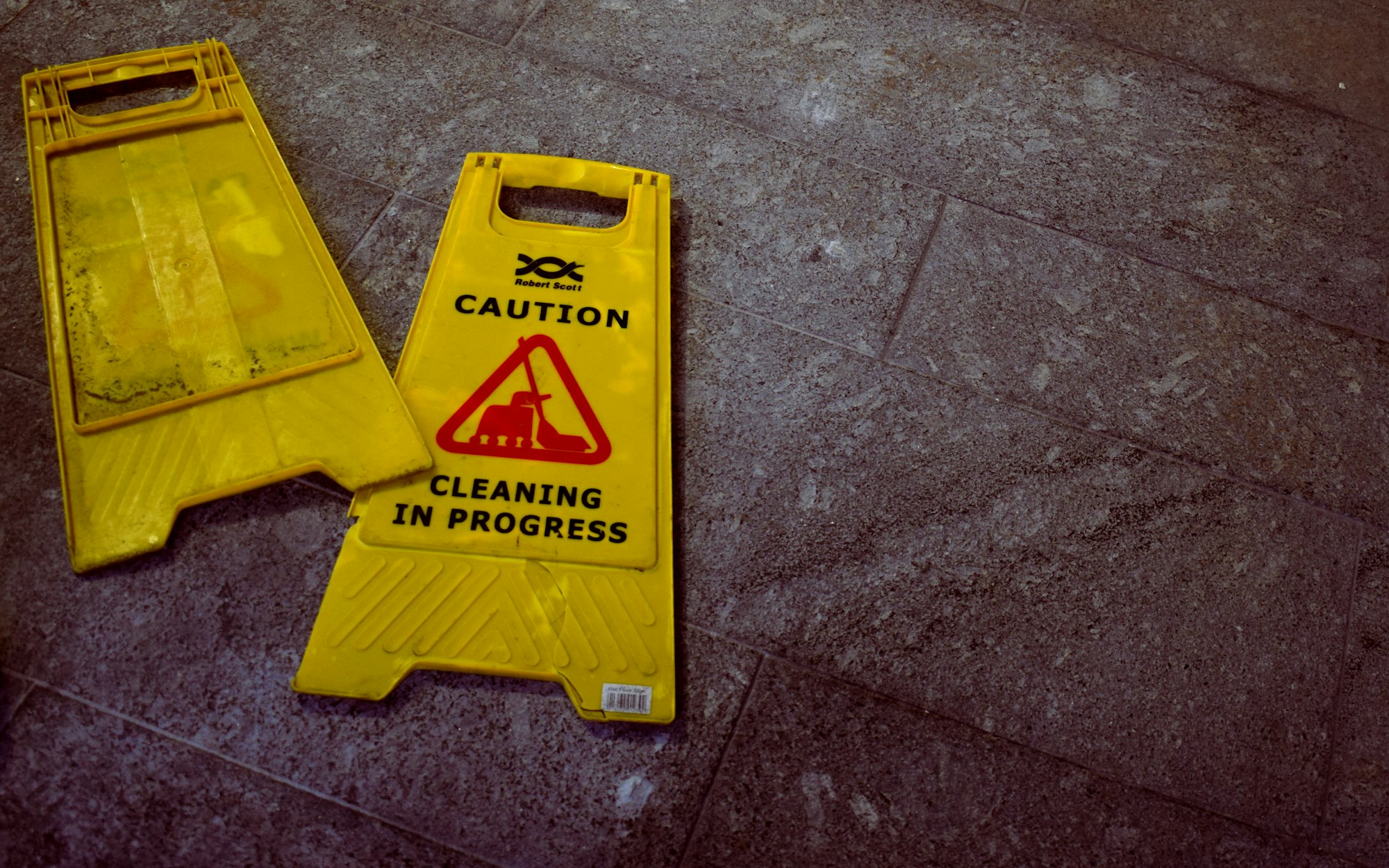Table of Contents
The U.S. Securities and Exchange Commission (SEC) has filed a lawsuit against Cumberland DRW, a prominent crypto market maker, alleging that the company acted as an unregistered securities dealer by promoting and trading $2 billion in crypto assets that should have been registered as securities.
In a statement on Thursday, SEC said that since 2018, Cumberland used its research reports and update emails to promote investments in these crypto assets, suggesting that they were promising investment opportunities. However, the SEC contends that these crypto assets were actually securities, and Cumberland was required to register as a securities dealer before trading them.
“Despite frequent protestations by the industry that sales of crypto assets are all akin to sales of commodities, our complaint alleges that Cumberland, the respective issuers, and objective investors treated the offer and sale of the crypto assets at issue in this case as investments in securities, and Cumberland profited from its dealer activity in these assets without providing investors and the market with the important protections afforded by registration,” Jorge G. Tenreiro, acting chief of the SEC’s Crypto Assets and Cyber Unit (CACU), said.

The SEC has identified Polygon, Solana, Cosmos, Algorand, and Filecoin as examples of crypto assets that Cumberland traded illegally.
Cumberland has denied the allegations, claiming that it is confident in its compliance with all applicable laws and regulations.
"We are not making any change to our business operations or the assets in which we provide liquidity as a result of this action by the SEC. We are confident in our strong compliance framework and disciplined adherence to all known rules and regulations – even as they have been a moving target," Cumberland said in a statement posted on Twitter/X, adding that "it wasn't long ago ETH was claimed to be a security."
— Cumberland (@CumberlandSays) October 10, 2024
However, the SEC's lawsuit raises serious questions about the regulatory oversight of the crypto market and the potential for future enforcement actions.
The SEC's lawsuit against Cumberland DRW is just the latest in a series of legal actions targeting crypto companies for allegedly dealing in unregistered securities.
In 2018, the SEC sued Ripple Labs, alleging that its XRP token was a security. The case is still ongoing. The following year, the agency investigated Kik Messenger and its KIN token but did not file a lawsuit. Instead, it reached a settlement with Kik, requiring the company to pay a $5 million penalty and cease the sale of KIN tokens. In 2022, the SEC sued Block.one, the developer of EOS, alleging that its EOS token was a security. Block.one settled with the SEC for $24 million.
Earlier this week, crypto exchange Crypto.com filed a lawsuit against the SEC after receiving a Wells Notice from the regulator in August. A Wells Notice is usually sent ahead of launching a formal lawsuit. OpenSea, Coinbase, Uniswap Labs, Ripple, Robinhood, Consensys, and BUSD issuer Paxos are among those in the increasing list of crypto firms that have received such notices.
Kris Marszalek, Crypto.com's CEO, said the lawsuit is "a warranted response to the SEC's regulation by enforcement regime which has hurt more than 50 million American crypto holders."









